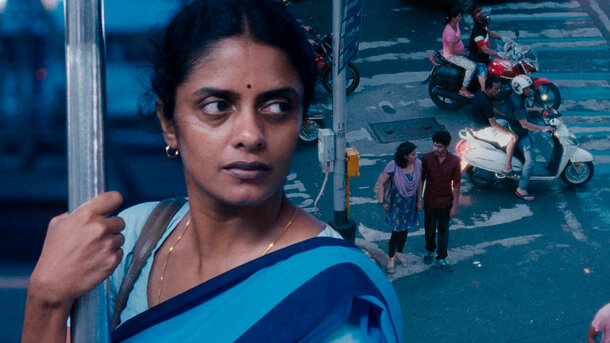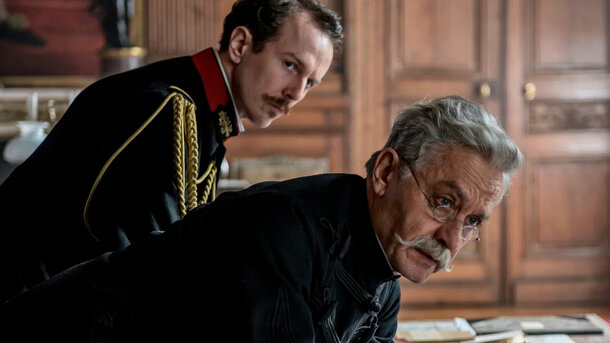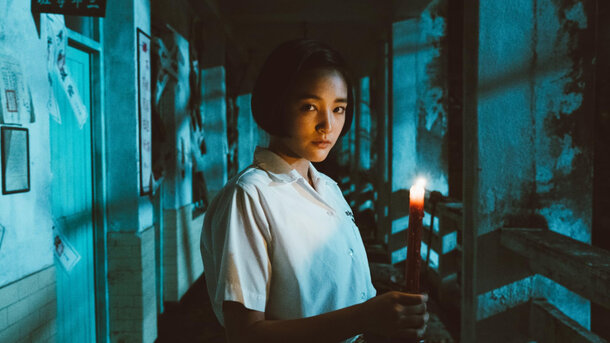Let me share something rare: a film so unhurried, so quietly luminous, that it doesn’t scream for attention — yet lingers with you like the scent of rain on hot concrete. All We Imagine as Light by Payal Kapadia is exactly that — a gentle but resounding triumph, offering a tender look at two women who find solace in each other amidst the suffocating sprawl of modern Mumbai. I went in expecting mood, but I didn’t expect transcendence.
What’s the story without spoiling it?
Prabha (Kani Kusruti), a nurse in her 30s, receives an unexpected letter from her long-absent husband. Her younger flatmate, Anu (Divya Prabha), is navigating a secret romance that's as precarious as her job. The two women live in a matchbox-sized flat, where the city’s chaos roars outside their window but never grants them escape. When they journey to a seaside town for a short retreat, everything shifts.
Don’t expect plot twists or melodrama — this isn’t that kind of film. What Kapadia gives us is far richer: emotional intimacy carved from silence, glances, and small, aching gestures.
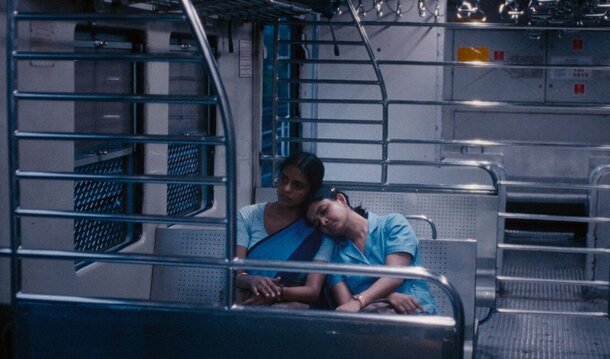
The director’s eye: Stillness in the storm
Kapadia, known for her celebrated documentary A Night of Knowing Nothing, turns her lens here to fiction — but her observational gaze remains. The pacing is deliberate. It’s a film that asks you to slow down, to observe as life quietly unfolds. No flashy editing, no frenzied score. Just life — unadorned and unashamed.
Her choice to cast the film in natural light, to let rooms feel claustrophobic and then suddenly spacious in moments of relief — it’s a subtle masterclass in direction. The final act on the coast? Absolutely breathtaking.
Performances: Less is so much more
Kani Kusruti is spellbinding. Her restraint as Prabha communicates decades of hurt with a single blink. Divya Prabha’s Anu, brimming with youthful restlessness and deep yearning, is equally mesmerising. Their chemistry is a miracle of nuance.
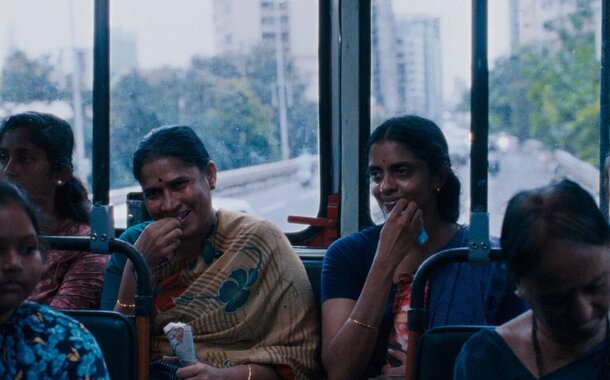
And then there’s Chhaya Kadam, who provides earthy grounding in a few crucial scenes, reminding us of how vital older female voices are in stories of womanhood.
Visuals and sound: Urban poetry
Mumbai is never romanticised here — it’s intrusive, concrete-grey, and uncaring. But through cinematographer Ranabir Das’ lens, we find stolen beauty: reflections in puddles, crowded buses lit like stage sets, the warm glow of cheap lightbulbs on tired faces.
The soundscape is similarly raw — honking traffic, footsteps in corridors, hushed whispers — until nature takes over in the coastal scenes. Then, it sings.
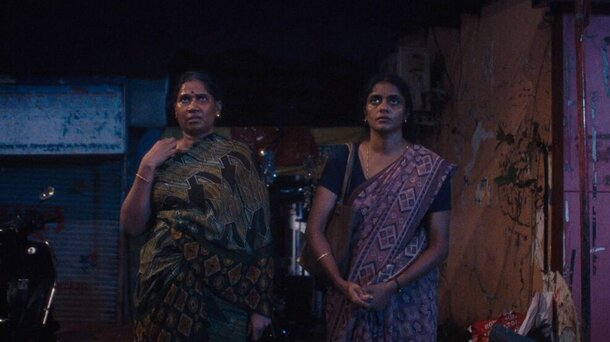
Audience Reactions: USA vs. UK
British audiences, especially those drawn to slow cinema and international arthouse fare, have embraced the film’s meditative pace and social realism. Critics from Sight & Sound and The Guardian have already hinted at its Palme d’Or potential. In the US, however, reactions have been more polarised. Some praise its lyrical subtlety; others find the pacing too languid for mainstream festivalgoers.
Still, both audiences agree: it’s a vital and urgent portrait of modern womanhood from a country whose female stories rarely reach global screens.
Final verdict
All We Imagine as Light isn’t loud, but it is seismic. It captures that rare, sacred space where women are allowed to be — not just in service to others, but for themselves. It’s a reminder that in a world built on noise, quiet can be revolutionary.
